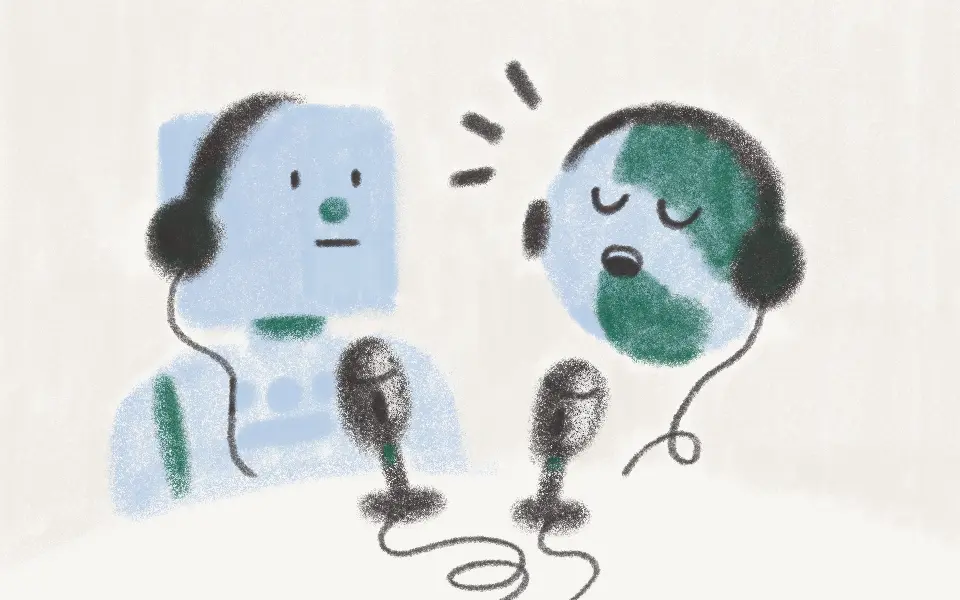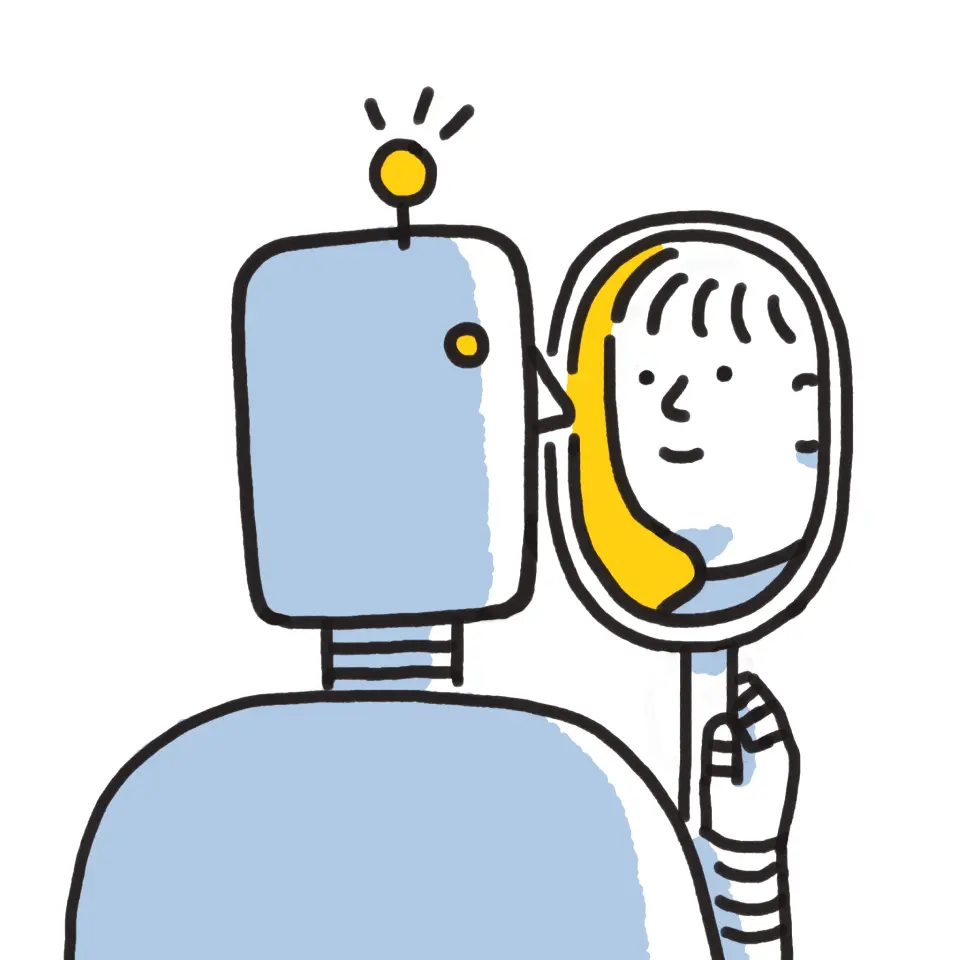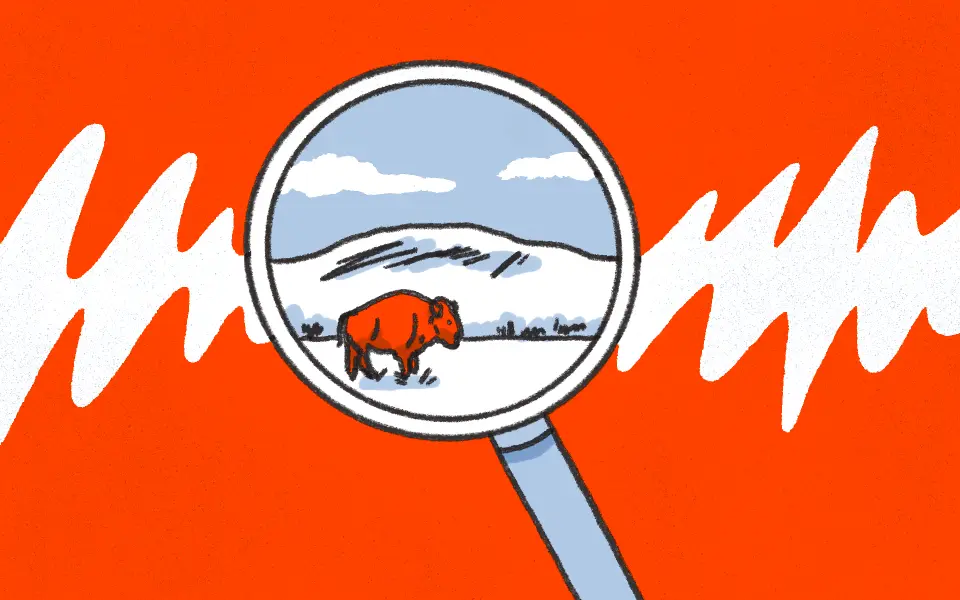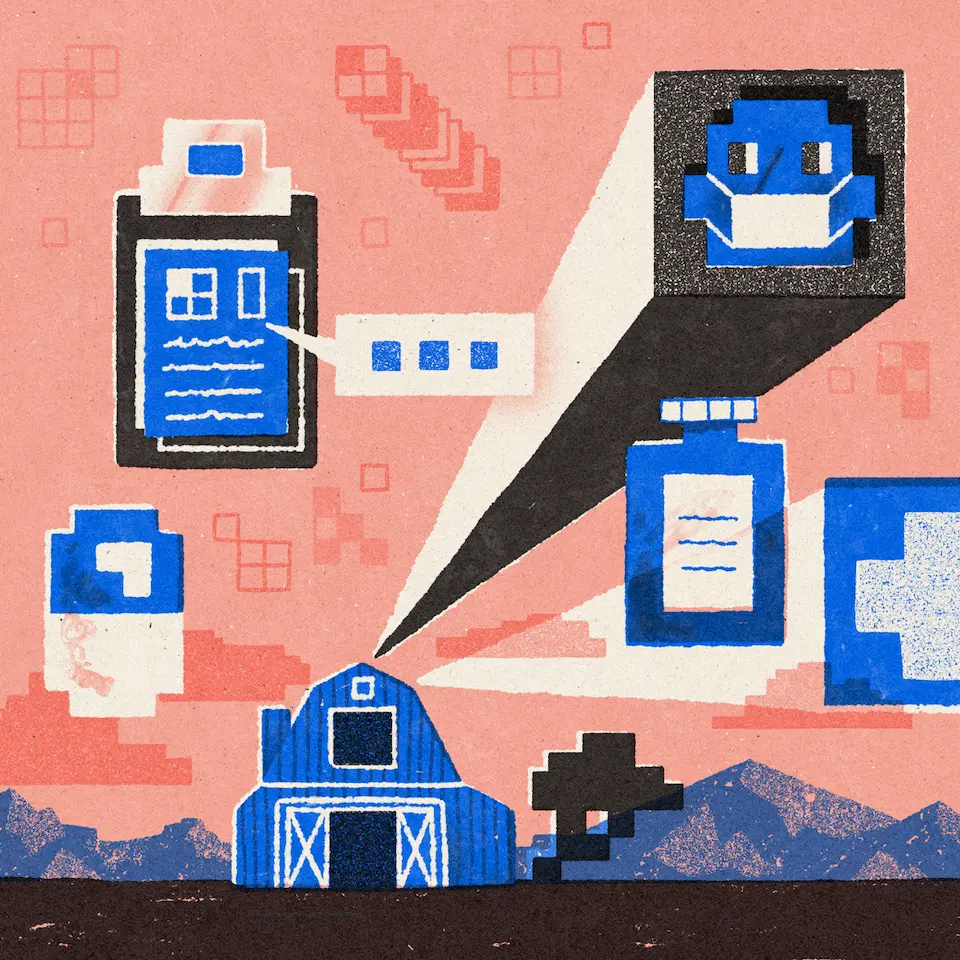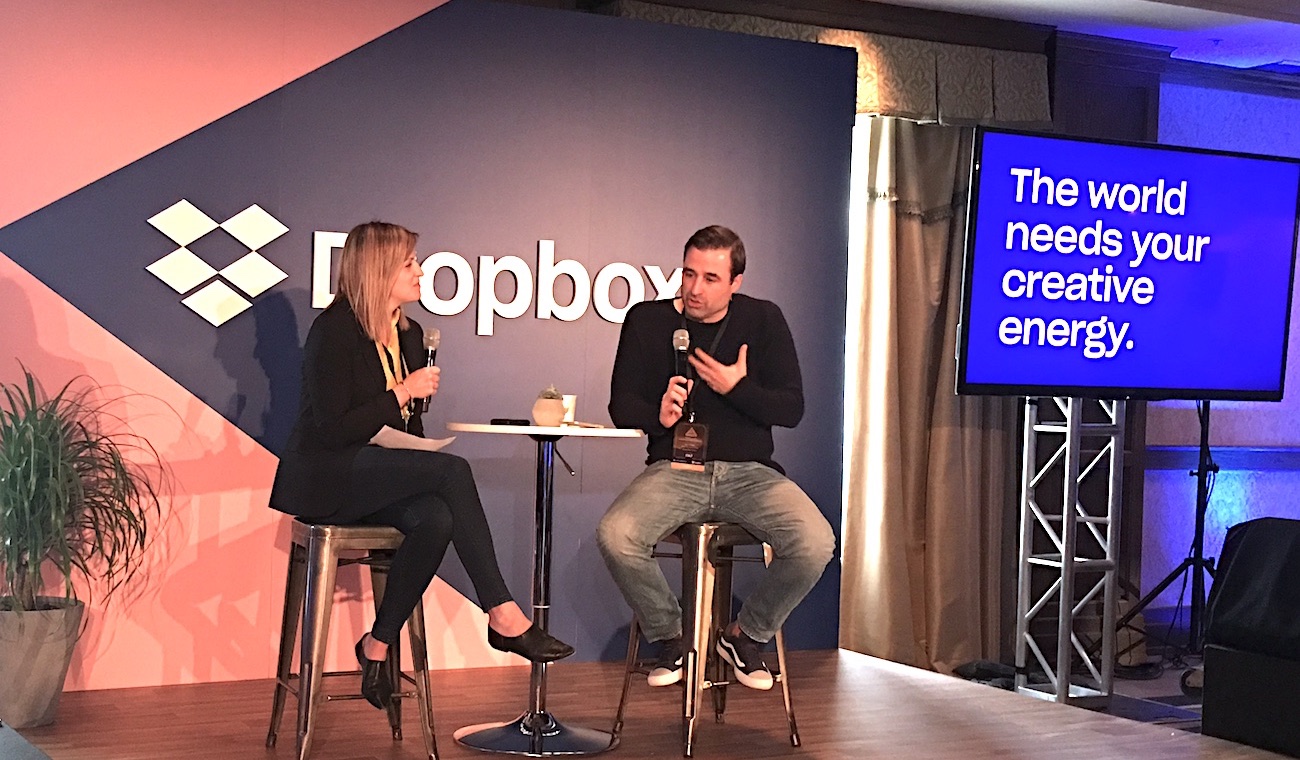
How pro football marketing expert Matt O’Neil fosters team creativity
Published on June 29, 2018
Earlier this year, we traveled to The Gathering in Banff, Canada to learn how marketing leaders from the world’s most-coveted brands guide their companies to cult status.
While we were there, Liz Armistead, Head of Brand and Influencer Partnerships at Dropbox, sat down with Matt O’Neil, CEO of Ichi Go and former Vice President of Brand and Media for the Dallas Cowboys to find out how he fosters creativity with his collaborators. Here’s what we learned.
Liz: How do you work with your team? How is collaboration part of your process?
Matt: I've always looked at my job as mainly motivating people. I had about 50 people under me at the Cowboys, so I’ve spent a lot of time thinking about what's going to motivate people to be better, to think differently. What's going to get them to grow, make them feel ownership in what they're doing? So, collaboration and new ideas are hallmarks of what I did, and what I continue to do with teams as I go there.
At Dropbox, we talk a lot about fueling creative energy and why that's important. What does creative energy mean to you?
It's really important. Someone gave me this a long time ago. It's called the scholar's rock. I think it came from China. For 10,000 years, these creative people— artists, and writers and poets—would rub different spots on these rocks to inspire themselves creatively. Someone gave me this rock, it's gigantic—about 360 pounds. I kept this in my office all the time as a reminder for myself in times where I'm needed for creative inspiration.
I'm not moronic enough to think a rock is giving me creativity, but to think that all these creative people have given this rock that blessing, that creates faith in me. So creative energy for me, I think it's vital. If you could foster creativity, there's nothing more important in business. You need fresh ideas. You need people to look at the constant and inherent problems with fresh eyes and creative ideas to solve those problems.
Do you do anything culturally with your team to foster that creative energy?
When I came into the Cowboys, they had just formed this group around me. So they created all these creative groups and put them around me that never existed, they all poured into different spots in the organization. I came in really hot. I'm very abrasive guy for people who don't know me yet.
I came in with this high aspiration to put a high mark on how we are going to do this. I would come in preaching to these guys once every month or so, on how to get better, how to foster new ideas, how to be great. I would send them inspirational videos, inspirational quotes. All kinds of things. A constant reminder to inspire was definitely always top of the line.
Learn 4 ways to make collaboration easier
Could you share an example of innovative work you’ve done that you're really proud of?
I once took my team on a retreat, and gave them this book, it was called "Steal like an Artist". It's a quick read with different quotes and thoughts. It documents how you can steal and borrow ideas from everybody—almost giving people license to look around the world and actually borrow ideas. I know that's the opposite of innovative, but it was a unique approach to what we were doing.
It inspired so many different things. We created our own 30 for 30 series called Deep Blue. We sold that idea to Pepsi. We have now these incredible pieces of content. We do four a year. We created these player-narrated videos from the finish this fight campaign. All of our players have these unique stories. These player narrative videos tell their own unique stories about how they got to where they were, the struggle they had to overcome, and why this playoff means so much to them. I don't know if I'd call them innovative ideas. I'd call them incredible takes on already great ideas.
“I think there are these incredible ideas and this incredible inspiration just beyond your comfort zone, that you can tap into by reading and watching.”
How do you foster creativity outside of work?
I always find my best time reading. I was a screenwriter for about eight years. It was back when magazine racks actually existed. There was a great magazine stand in LA when I lived there. I would go there and pick up the weirdest magazines, the magazines that were on the bottom shelf in the back, that you couldn't see from where you were standing.
I think there are these incredible ideas and this incredible inspiration just beyond your comfort zone, that you can tap into by reading and watching. There's so much access to content right now that I think you could find that pretty much everywhere.
That leads into the next question: How do you stay in flow? Do you think that drawing from outside inspirations is part of what keeps you in flow? Or is there another trick?
There was a guy, a psychologist in the old Soviet Union, who came up with this idea of flow. I gave this to my whole team. It's a super rudimentary graph. On the Y, it was the difficulty in tasks you were doing. On the X, it was, "Are you skilled enough to complete those tasks?" The flow was the top right corner. You were this incredibly challenged, but incredibly skilled enough to meet those challenges.
When I was a screenwriter, I used to call flow this creative lock, and actually had this word before I ever saw this chart. When I saw this graph, it started to make sense to me in the workplace. It's like, "How equipped are your employees, and how can you challenge them so that they can use those skills?"
When do you feel most in flow?
When I am being pushed and challenged mentally, and then when I know I'm skilled. There's certain times in my career and life when I'm not professionally growing. Those are my worst times always. When I'm challenging myself and and getting better, that's awesome. When I don't have things that are challenging me and pushing me, that's also not a great time.
I got to constantly remind myself to bring on different projects, go out of my comfort zone, and do other things. Sometimes as a manager, too, it's like, “How are we challenging our employees?” Sometimes our jobs can get so bogged down in the mundane and the monotony of what we're doing, you've got to really be conscious of how we're challenging people internally.
How has technology influenced your creative process?
Access is one, right? You have access to all this inspiration, which is now at your fingertips. When I was first starting to do screenwriting, it was early 2000s. The internet was there. It just wasn't as fast, wasn't as successful. I'd still go to museums to get creativity, But the access to information and talent, which helps my brain get going, is right at your fingertips, which I think is great. I can start typing, and then ideas start to come.
What advice would you give your younger self starting out?
I don't know that I'd do many things differently because I've been so fortunate. When I was younger, I didn't feel as good about myself to be so confident, right? I would probably drill in myself to work really hard, so I could get confident, so I could make some stronger decisions and stronger pushes.



